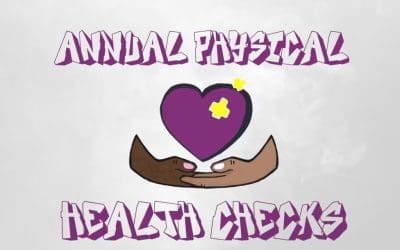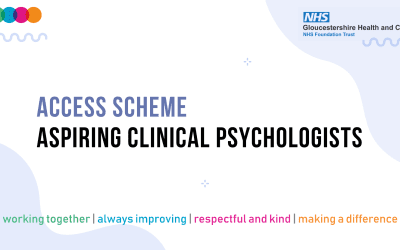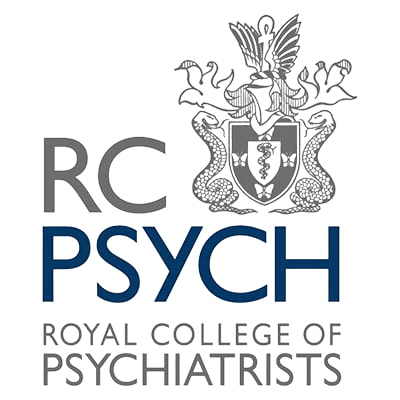Services
Psychosis
If you experience psychosis and live in Gloucestershire, we can help.
What is psychosis?
Psychosis isn’t a condition in itself – it’s triggered by other conditions. It’s sometimes possible to identify the cause of psychosis as a specific mental health condition, such as:
- schizophrenia
- bipolar disorder
- severe depression
Psychosis can also be triggered by traumatic experiences, stress, or physical conditions, such as Parkinson’s disease, a brain tumour, or as a result of drug misuse or alcohol misuse.
How often a psychotic episode occurs and how long it lasts can depend on the underlying cause. For example, schizophrenia can be a long-term condition, but most people can make a good recovery and about a quarter only have a single psychotic episode. Episodes related to bipolar disorder usually resolve, but may recur.
You can learn more about the causes and symptoms of psychosis by clicking here.
%
1 in 100 people will experience a psychotic episode in their lifetime
Getting help
If you’re concerned about yourself or someone you know and think they may have psychosis.
Getting help for others
People with psychosis often have a lack of insight. They’re unaware that they’re thinking and acting strangely. Because of their lack of insight, it’s often down to the friends, relatives, or carers of a person affected by psychosis to seek help for them.
If you’re concerned about someone you know and think they may have psychosis, you could contact their social worker or community mental health nurse if they’ve previously been diagnosed with a mental health condition.
If you think the person’s symptoms are placing them at possible risk of harm, you can:
- Take them to the nearest accident and emergency (A&E) department, if they agree
- Call their GP or local out-of-hours GP
- Call 999 and ask for an ambulance
Find your out of hours GP
Treatments for psychosis
How we may help, and some of the treatments on offer.
Treatment for psychosis involves a combination of antipsychotic medicines, psychological therapies, and social support.
Most people with psychosis who get better with medication need to continue taking it for at least a year. Some people need to take long-term medication to prevent symptoms recurring. If a person’s psychotic episodes are severe, they may need to be admitted to a psychiatric hospital.
Your care team
Your treatment is likely to be co-ordinated by a team of mental health professionals working together. If this is your first psychotic episode, you may be referred to an early intervention team.
You can read more about treatment by visiting NHS Choices
Our teams and services
Where to find us, and which services can help you.
Information for professionals
Notes on services, contacts and treatments for healthcare professionals.
Referral information for Gloucestershire GPs and Healthcare Practitioners
Referral information for Herefordshire GPs and Healthcare Practitioners
News
News stories linked to psychosis and related conditions.
Health Checks for People with Serious Mental Illnesses (SMI)
If you are aged 18 or over and have been diagnosed with a serious mental illness such as bipolar...
Access scheme for aspiring clinical psychologists from under-represented backgrounds
As part of our ongoing commitment to addressing issues of diversity and inclusion within the...





